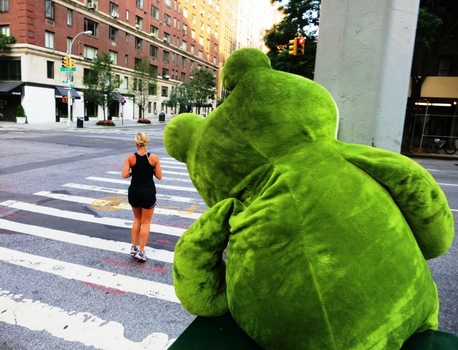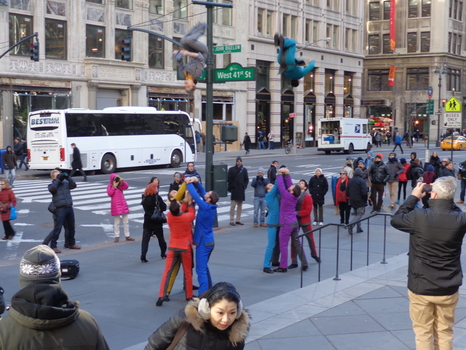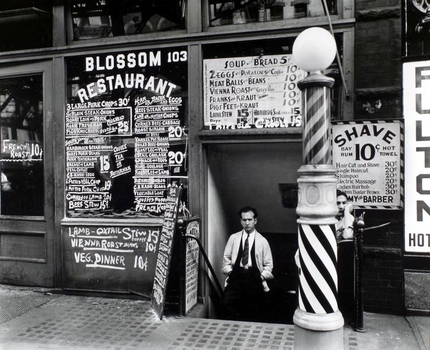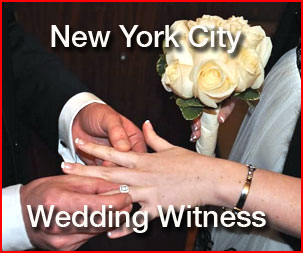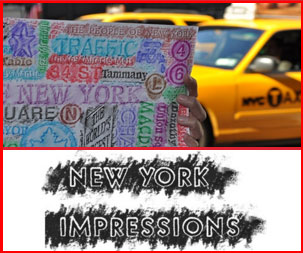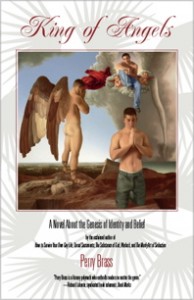 Since publishing King of Angels, A Novel About the Genesis of Identity and Belief, I’ve been getting all the usual questions that writers get when a book comes out:
Since publishing King of Angels, A Novel About the Genesis of Identity and Belief, I’ve been getting all the usual questions that writers get when a book comes out:
1) Where do you get your inspiration?
For many writers, inspiration is not much of a problem—all you have to do is read the front part of the New York Times every day (or even the Daily News), and you’ll find enough stories for a lifetime of plotlines. Innocent people are either murdered or inadvertently destroyed (“shafted”); decent, hard-working people are swindled; rich people get obscenely richer; lucky people find love; unlucky people lose it. Plus, there’s the Times’ Science Section every Tuesday which always teaches you about something you didn’t know—to me that’s always inspiring. I got the inspiration for my novel The Substance of God from a Tuesday piece about the sexual habits of hyenas, which reproduce almost entirely through cloning: all hyenas are genetically female. I decided this must be proof that cloning was a part of nature, an important plotline in The Substance of God (still, who the hell wants to end up looking like a hyena?) So, the answer to this is: if you keep your eyes open, there’s inspiration.
2) Do you make a living as a writer?
When I was younger, I used to find this question especially infuriating because the people who asked it were undoubtedly the same ones who’d never, on the pain of death, buy my books. If they had actually bought and read them, they’d be too busy asking questions about the books themselves, and the question of earning power wouldn’t come up.
Nowadays though, I figure that any interest people have in writers (since the more pressing fascination lies with the Kardashians) is good. In fact, it’s close to a religious act of ego-renunciation on their part. I mean, as a group, writers are reticent, and so we have a hard time asking for your interest. If we were more in your face, we’d be either politicians or schlocky, narcissistic design gurus on H & G. (This is, of course, except for Newt Gingrich, who is either a very bad politician turned schlock writer or vice versa.) But the question does bedevil and benumb us. How does one answer it?
First of all, there are only about 22 serious writers in America who earn all their living from writing books. By “serious,” I mean the opposite of pop-drivel scribes like James Patterson whose work I find unreadable, yet who makes a huge amount of dough writing big-assed tomes that he no longer even pens. (There is a whole platoon of corporate drones putting out dreck that may not even be their own dreck, and it’s difficult to know what their exact number is.) That said, the number of actual creative writers who earn a full living, without teaching, selling insurance and/or real estate, or marrying a bitchy but beneficent Park Avenuer, is extremely small. Like death-dire thin. And books being what they are—an almost extinct art form—there is no telling where these fortunate few scribes will be tomorrow. Which means that mañana, even those fortunates may be looking for teaching jobs, available Park Avenue residents (of either or any sex) to marry, or real estate to sell.
Before I was a serious writer, I was a flack, grinding out P.R. drivel for corporations and entertainers, and I have to say that nothing destroys talent like flackdom. Many of my brethren and sistren resort to these kinds of job between books, and the Internet has opened up oceans of opportunity in this field. (Oceans waiting to drown you, but at least it keeps the wolf off the door. And in New York, home of the $3000-a-month studio apartment, there are some pretty toothy wolves out there.)
So basically, when nice people ask me if I make a living from writing, I nod and say, “I make as much of a living out of my writing as I’m going to make.” I’m stunned how easily this satisfies them. They can now look at me as someone worthy of their time and effort, and they can now go to bed smiling, with visions of Perry Brass’s immense writing income tickling their brains.
 Perry Brass’s latest book, King of Angels, is set in 1963 Savannah and explores the genesis of identity and belief. Each month, Perry writes about politics, love, lust, and the human condition in his column “The Wisdom of Desire.” For more on Perry, check out his website HERE.
Perry Brass’s latest book, King of Angels, is set in 1963 Savannah and explores the genesis of identity and belief. Each month, Perry writes about politics, love, lust, and the human condition in his column “The Wisdom of Desire.” For more on Perry, check out his website HERE.


